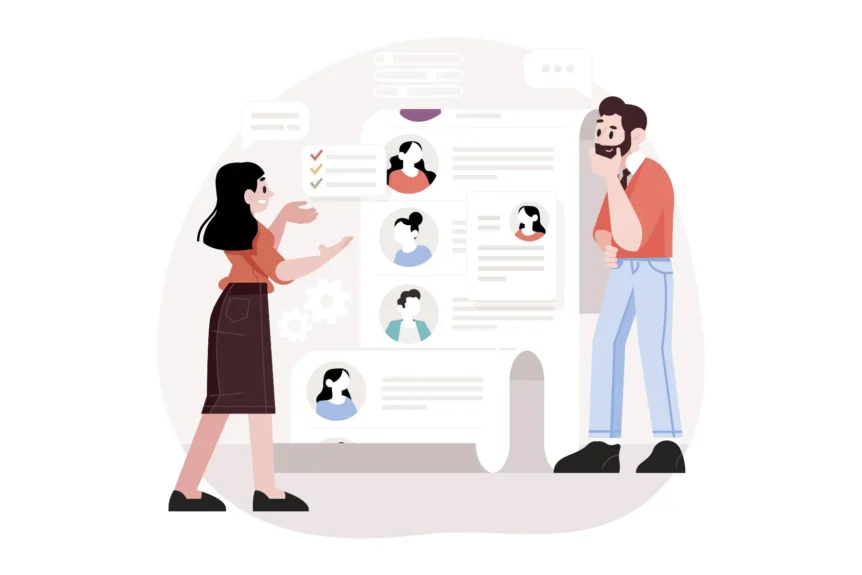References are a cornerstone of landing your next big role. Even if you interview well, you need quality references to get yourself across the line. But do you know who makes a good reference, or how to approach somebody to be your reference?
Hays and Michael Page outline the information employers are looking for from a reference and how you can select the most appropriate reference.
What is the purpose of a reference?
The primary purpose of references is to verify your experience, work ethic, skills and character. Employers also use references to measure the accuracy of claims on your resume and whether you would be a good fit for the organisation.
When contacting a reference, the hiring manager wants to know things such as your length of employment, attendance, responsibilities and reasons for leaving previous employment.
Who should you select as a reference?
Considering the information the hiring manager is looking for, ideally your reference will be somebody you have reported to previously. Former managers will have a good idea of your time management, reliability, work ethic, teamwork, and soft skills. These are the skills employers are most looking for.
It’s essential that your references are reliable. You must choose a reference who can respond adequately and promptly. You don’t want to keep a hiring manager waiting.
You should reconsider asking your current employer for a reference if they don’t know you are leaving.
Instead, consider asking a manager at previous job or somebody you worked with at your current employer who has already left. Ideally, a reference should be somebody you have worked with in the last five years, who can speak to your skills and capabilities.
You should avoid asking family or friends to be your reference. Employers will quickly disregard references from family and friends.
If you have limited work experience, you could consider asking someone like an academic tutor or a respected community member to be your reference.
Tips when asking for a reference
How you ask someone to be your reference is important. You should ask someone to be your reference in a personal manner, such as a face-to-face meeting or a video call. Avoid asking for a reference by email. When you ask someone to be your reference, you should see how they react. You want to avoid putting pressure on someone to be your reference.
On your resume, put references available on request instead of simply a list of references. By withholding your reference details, you avoid unnecessary sharing of personal information. In most cases, employers will only ask for references of the preferred candidate, usually after the second interview but before they make a job offer. Most employers will require at least two references.
Once the hiring manager has asked you to supply a list of references, ask your references if they are happy to vouch for you.
However, it is essential to do some forward planning. Keep in contact with previous references and update them on any career progression. You should also consider asking your managers if they would provide a reference for you in the future. When a hiring manager asks you for a list of references, you want to be able to supply it quickly.
It’s also a good idea to keep your references fully briefed. Supplying them with relevant information, such as the skills, qualifications and attributes the employer seeks, will assist them in providing you with the best reference possible.
While finding quality references isn’t always easy, it is worth the effort. The quality of your references could make or break your career.
Public Service Resumes can help you with your job search. We offer various services including Key Selection Criteria and LinkedIn profile writing.










